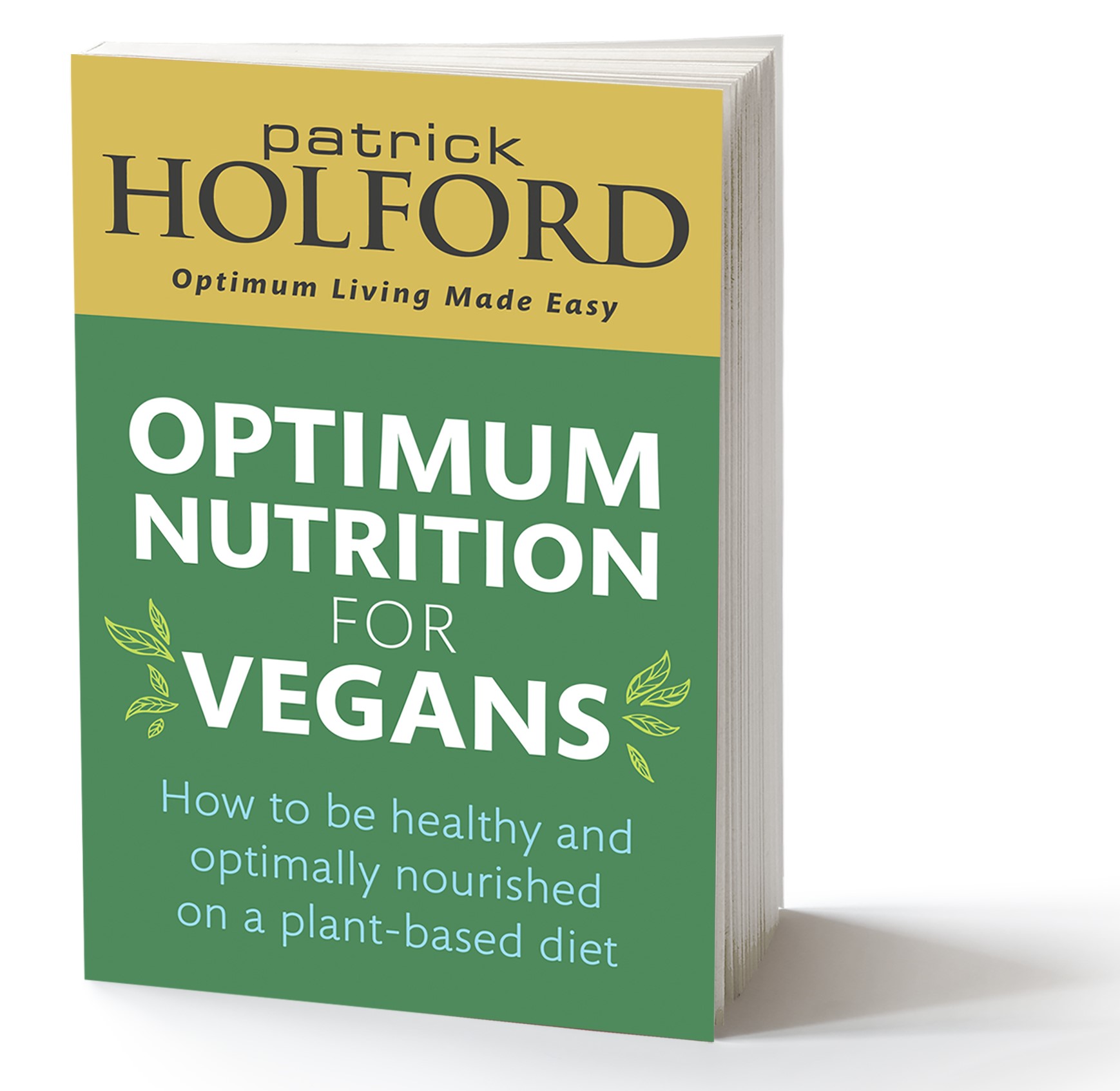If you’re taking medication, many medicines increase the demand for various nutrients. Most vaccines contain aluminium, which the body works hard to detoxify. On top of that are the toxins we choose to take in, be it from foods with chemical additives, cigarettes, alcohol, painkillers, or from the use of pesticides on non-organic foods that we eat. And then there are those that we create; for example, when curing or burning meat: PAHs, HCAs, nitrosamine and acrylamides, the carcinogen also found in many crispy snacks.
We also have air-borne pollution and particulates, radiation and microbes such as moulds, parasites and pathogenic bacteria. The bottom line is that mankind in the 21st century has a total load of anti-nutrients far in excess of those in our past – at what cost?
In the UK alone, we consume every year a staggering quarter of a million tons of food chemicals, 6 billion alcoholic drinks, 75 billion cigarettes, 80 million prescriptions for painkillers and 50 million prescriptions for antibiotics. In addition, 50,000 chemicals are released into the environment by industry and 400 million litres of pesticides and herbicides are sprayed onto food and pastures.
Together, this constitutes a staggering onslaught of man-made chemicals and pollutants, with undeniable global health and environmental repercussions. Most of these chemicals are anti-nutrients.
Anti-nutrients are defined as anything that interferes with the absorption or utilisation of a nutrient, or promotes its excretion. The more antinutrients you’re exposed to, the more nutrients you will need. Each cigarette, for example, consumes vitamin CWhat it does: Strengthens immune system – fights infections. Makes collagen, keeping bones, skin and joints firm and strong. Antioxidant, detoxifying pollutants and protecting against…, thus smokers need much more vitamin C than non-smokers. The same is true with city dwellers exposed to more traffic pollution.
Dr Joe Pizzorno, in his book The Toxin Solution and Clinical Environmental Medicine (the latter co-authored with Walter J. Crinnion), makes a strong case that this exposure is a major driver of many of today’s endemic diseases, including the stark increase in cancer.
This is not an easy case to prove or practise science on, other than pointing out associations. What can be shown, however, is how over-exposure swamps the body’s detox mechanisms. Testing for anti-nutrients Nutritional therapists might recommend testing for anti-nutrients if you’re suffering with symptoms such as chronic fatigue, especially if you’ve had some sort of exposure to them, such as living next to a farm that sprays pesticides and herbicides, or you live in a particularly polluted environment.
Tests to check for anti-nutrients in the body are offered by ‘functional medicine’ laboratories, but you have to know what you’re looking for. A useful first step used by nutritional therapists is a liver function test (such as Yorktest’s Livercheck home test kit). This tests two liver enzymes called AST and ALT, which have been shown to be pathologically raised due to exposure to a number of common anti-nutrients. Another relevant test is homocysteineHomocysteine is an amino acid found in the blood. Elevated levels of homocysteine have been associated with narrowing and hardening of the arteries, an increased…, which measures methylationMethylation is what occurs when the body takes one substance and turns it into another, so that it can be detoxified and excreted from the…, a critical detox mechanism in the liver.
Most people choose to become vegan partly for health reasons, and partly to protect animals from harmful and inhumane treatment. Consider then that you, too, are an animal and that your body also needs protection from this onslaught of anti-nutrients. While eating organic, avoiding single-use plastics and GM and refined foods, and drinking clean, filtered water are not an essential part of being vegan, they do have the net effect of helping to protect the planet, animals and yourself.
Eat wholefoods and avoid refined foods You might think that refined food that is free from artificial additives is OK, but it is not neutral. Whole food usually contains the nutrients needed by the body to process that food; for example, grains contain B vitamins, vitamin C, ironWhat it does: As a component of red blood cells, iron transports oxygen and carbon dioxide to and from cells. Also vital for energy production…., zincWhat it does: Component of over 200 enzymes in the body, essential for growth, important for healing, controls hormones, aids ability to cope with stress… and magnesiumWhat it does: Strengthens bones and teeth, promotes healthy muscles by helping them to relax, also important for PMS, important for heart muscles and nervous…, all needed by your body’s metabolismMetabolism is a term that is used to describe the chemical reactions that take place within the body’s cells. The body gets the energy it… to turn it into energy. If you eat refined white bread, pasta and cereals your body has to take those co-factor nutrients from its available supply. Any food you eat that requires more nutrients for the body to make use of it than the food itself provides is effectively an antinutrient. Living on these foods gradually depletes the body of vital nutrients. In fact, two-thirds of the calories in the average person’s diet in the Western world come from such foods. This means that a third of the diet needs to provide not only enough nutrients for general health but also enough to make up the deficit of nutrient deficient food, and to combat other anti-nutrients such as vehicle pollution and pesticides.
You can find out more about anti-nutrients and get my quick guide to easing the anti-nutrient load as well as tips to help decrease the environmental load on your body – in my book Optimum Nutrition for Vegans.
Optimum Nutrition for Vegans
If you are finding it challenging being a healthy vegan or are considering becoming vegan/more plant based but lack the confidence to take the leap, then try my new book Optimum Nutrition for Vegans published in December 2020 (Piatkus).

I explain how to get enough proteinProteins are large molecules consisting of chains of amino acids. Proteins are essential nutrients for the human body – they are a building block of… and brain fats, control your sugar and energy, ensure you maintain sufficient vitamin and mineral levels and other small steps that maintain a good overall health.
I also cover what to eat, and in what combination, to achieve the best of health with clear principles for how to get enough good quality protein by combining foods, slow release carbs and essential fats. Plus 100 delicious easy vegan recipes that will nourish your body and your brain.
.


Comments
Join the Conversation on our Facebook Page